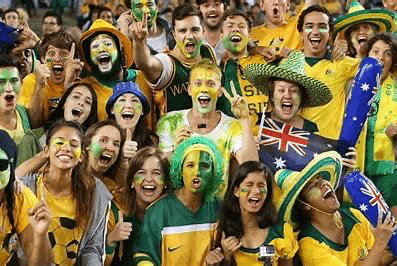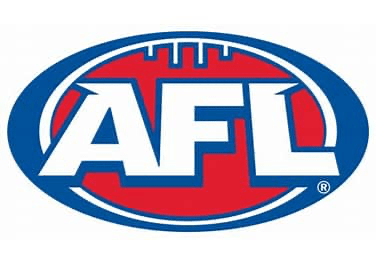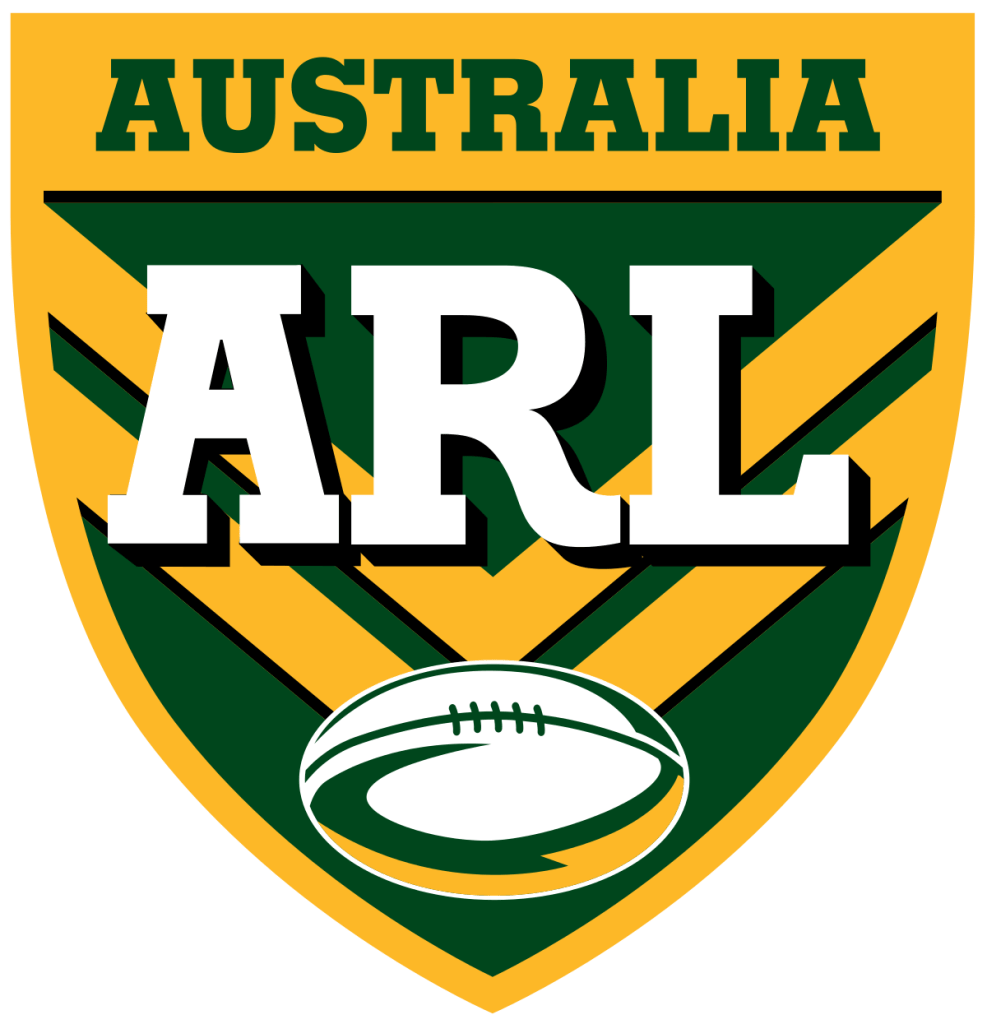Reliable and Comfortable Bus Hire for Sporting Groups
You have an upcoming game, sporting competition to attend and require the whole team to travel together or just want to organise a supporters bus, we can help with a bus charter for sporting groups.
We have a great deal of experience in the provision of Sporting Group Transport, safely, comfortably and reliably. We work with many great sporting teams.
Whether you have a small or large group to transport Brisbane Hire Bus can help with your transportation needs, with our wide range of vehicles, we can provide the perfect option to cater to your requirements.



We regularly care for Interstate and International sporting groups. We will pick you up at the Airport, transfer you to your accommodation, transfer you for training or competition then return you back to the Airport- all in the comfort and safety of one of our Charter Coaches. Our professional Drivers are on hand to ensure everything runs perfectly smooth for you from start to finish.
We also have expert Group Travel Planners that can assist with your planning and recommendations.
The Australian Game of Football Since 1858.
Pivotal moments in the early years of the game surround the names of William Hammersley, Tom Smith, James Thompson, Tom Wills and Jerry Bryant.
Wills publicly called for a game to keep cricketers fit during the winter of 1858, while on August 7 that same year, Melbourne Grammar began a ‘football’ contest against Scotch College that took three Saturdays to be concluded.
On May 17, 1859, Hammersley, Smith, Thompson and Wills, gathering at Bryant’s Hotel in East Melbourne, wrote the 10 rules that formed the basis of what has become today’s game. The original rules and the hand-written document can be accessed here.

Melbourne and Geelong, respectively founded in 1858 and 1859, are among the oldest continuous sporting clubs in the world, while many current clubs across Australia, be that at AFL, state league or local/country/regional level, date their history at 140+ years and more, as the new sport took hold in the colonies from the late 1850s onwards.
The first club was formed in South Australia in 1860 and the first club in Queensland by 1866.
From 1877, both the VFA (Victorian Football Association) and SAFA (South Australian Football Association) were operating as eight-team leagues, with the first inter-colony match played before the end of the 1870s.The South Tasmania Football Association and the Queensland Football Association were both formed in 1879, the New South Wales Football Association in 1881 and the West Australian Football Association in 1885.
In 1896, VFA clubs Geelong, Essendon, Collingwood, Fitzroy, Melbourne and South Melbourne met to form the VFL as a break-away competition, with Carlton and St Kilda later invited to join for the new season the next year.
The first national carnival of state leagues was held in 1908 and the game across Australia up to the late 1980s was primarily state-league focussed, with representative football between the senior leagues. National carnivals were usually held every 3-4 years and while nearly all senior leagues ceased for some period during WW1, quickly returned to full competition afterwards.
In 1982, VFL team South Melbourne relocated to a NSW base as the Sydney Swans, beginning a period of major change within the game and the first steps to the establishment of a national competition, away from the primacy of respective state leagues, which remain in place now. From this time in the 1980s, the VFL competition increased in strength relative to other state leagues as leading players from around the country increasingly began to play in this competition, or join this competition for parts of their senior careers.
In 1987, further significant change occurred when the VFL competition moved to expand to 14 teams and include the West Coast Eagles and Brisbane Bears.
The VFL changed its name to the AFL in 1990, and further expansion followed in 1991 (Adelaide Crows), 1995 (Fremantle) and 1997 (Port Adelaide), coupled with a 1996 merger between the Brisbane Bears and Fitzroy, giving the competition two teams in each of WA and SA, and one team apiece in Qld and NSW.
A second wave of expansion in the second decade of this century, with the addition of the Gold Coast Suns and the GWS Giants, now sees the AFL with two teams in each mainland state.

Rugby union is a football code within Australia with a history of organised competition dating back to 1864. Although traditionally most popular in Australia’s rugby football strongholds of New South Wales,
Queensland and the ACT, it is played throughout the nation.
The principal competition in Australian rugby is Super Rugby, which is a multi-national competition across the South Pacific. Australia enters five teams: the Reds of Queensland, the Waratahs of New South Wales, the Brumbies of the Australian Capital Territory, the Western Force of Western
Australia and the Melbourne Rebels of Victoria.
Currently there is no nationwide domestic competition for Rugby union in Australia following the disbandment of the National Rugby Championship in 2020. Competitions below the level of Super Rugby are traditional capital city competitions, such as the Shute Shield of Sydney, Queensland Premier Rugby of Brisbane, the ACTRU Premier Division in Canberra, and Perth’s Fortescue Premier Grade. These city-based competitions have traditionally formed the highest level of domestic competition for the sport in Australia.
The national governing body of Rugby Australia launched a new top-level women’s 15s competition known as Super W in 2018 featuring five clubs branded as state/territorial teams—the ACT, New South Wales, Queensland, Victoria and Western Australia.
The men’s national team are the Wallabies, who have won the Rugby World Cup twice, in 1991 and in 1999. The women’s national team are the Wallaroos achieving a best result of third place in 2010 during the
Women’s Rugby World Cup.
Rugby union holds the match attendance record of any football code in New South Wales (109,874), Western Australia (61,241) and the
Australian Capital Territory (28,753).
Australia has also achieved success in numerous Rugby Sevens tournaments with the women’s sevens team winning the Rugby World Cup Sevens once in 2009, winning gold at the 2016 Olympics, and winning the World Rugby Women’s Sevens Series three times. While the men’s sevens team has been runners-up twice in the Rugby World Cup Sevens.
